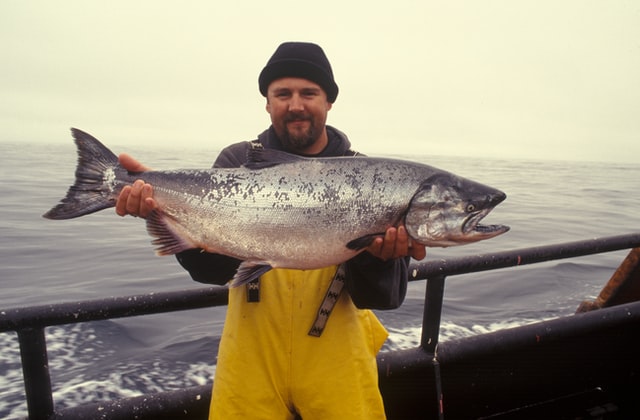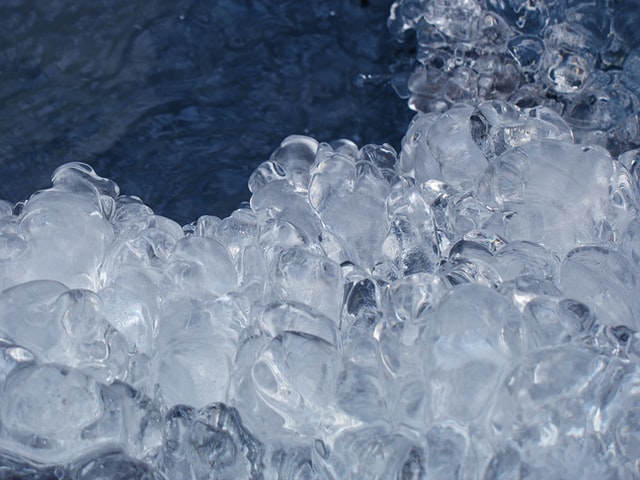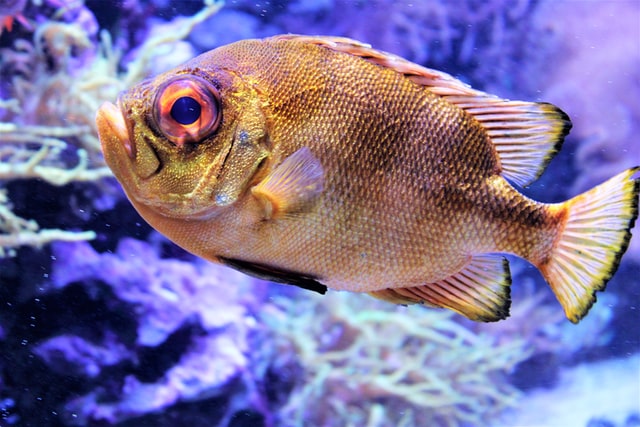
How To Correctly Store Fish In The Fridge
When it comes to your diet, fish may be one of the healthier choices. Even if you are starting on eating healthier or if you just like having seafood, sticking to lighter fare and skipping meat protein is good. If you plan on making your fish for dinner, you have to make sure that you store it correctly. This will allow you to preserve the freshness of your fish while also avoiding any fishy or foul smell. When you properly store your fish it will help you to make use of your ingredients in their best state. It is not actually hard to store fish in a refrigerator, just follow a few of the tips and tricks we will provide for you.
Best Ways To Store Fish In The Fridge
We know that you love playing online casino games, but we suggest that you stop for a few minutes and take note of the following guidelines.
Buy big fish
If you want to be storing your fish in your fridge you have to think about getting a larger fish. These are noted to be kept way better in the fridge than those other small fish.

Keep it on ice
The very first thing that you must do when you want to store your fish at home is to make sure that you keep it cold. When you buy it you have to ask your fishmonger to pack your fish on ice for you when you are to take it home.

Wrap your fish
When you get home with your fish you have to wash it and then dry it with a paper towel then wrap it in aluminum or wax paper. You then take your wrapped fish and put it on ice in a container and place it in the fridge. You have to make sure that you put it in the coldest area of the unit when you place it in the fridge. If you store it this way you can be able to use it within the next one to two days.
Freeze your fish
If you are not going to be using your fish soon you have to place it in the freezer and make sure that you wrap it properly preventing the smell from sticking to the surfaces. The best material that you can use a moisture-proof plastic wrap.

Pre-frozen fish
If you bought frozen and pre-packed seafood you have to put it in the freezer the moment you reach home and you have to label them with the date of purchase and expiry date.
Conclusion
You can try and avoid waste and spoilage by eating your fish as soon as possible. If you are not, you can store it use the methods given above to avoid contamination and maintaining freshness. You also have to keep in mind the fact that the freshness of your food after it has been stored in the fridge will all depend on how fresh it had been when you purchased it.
